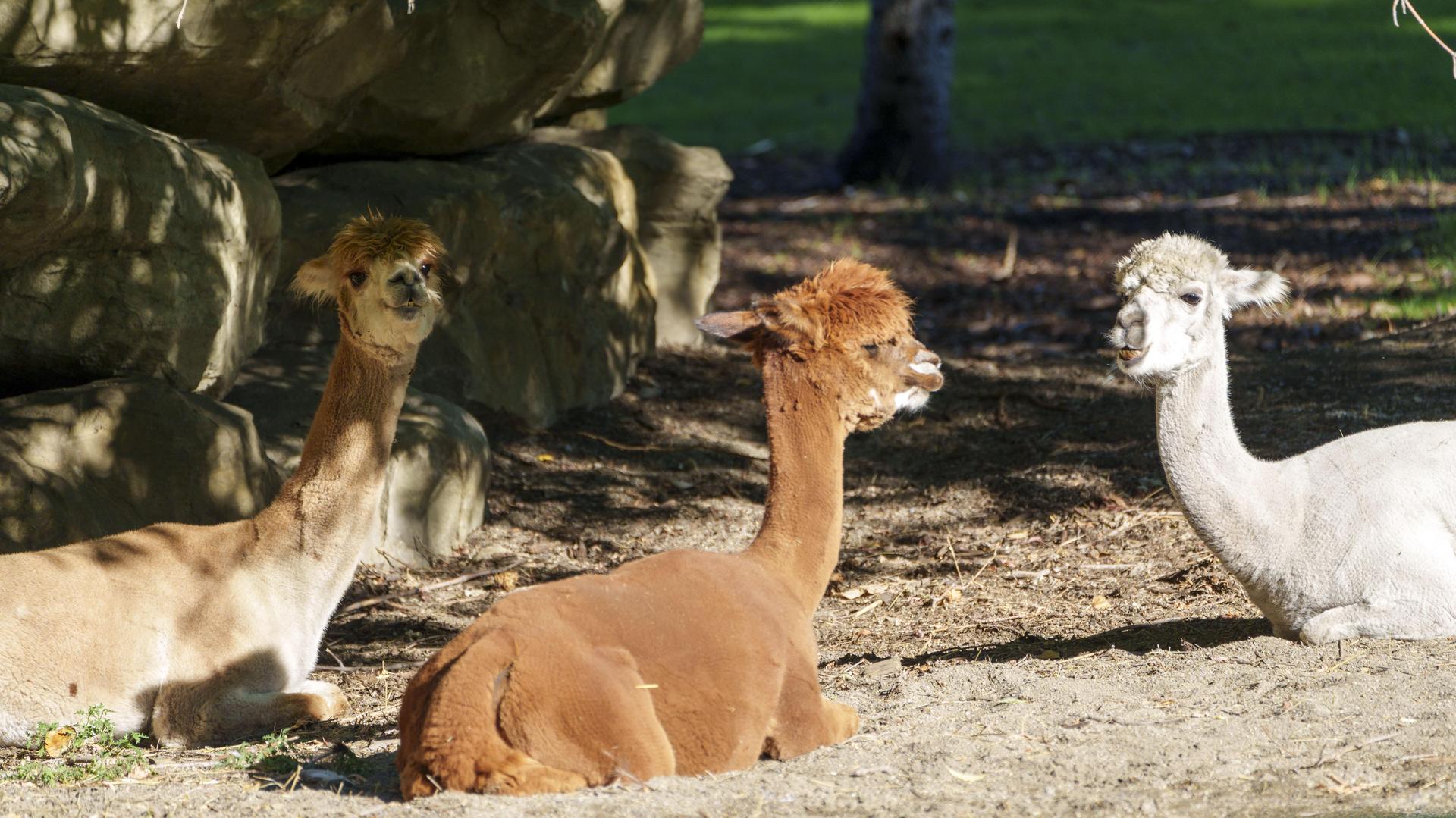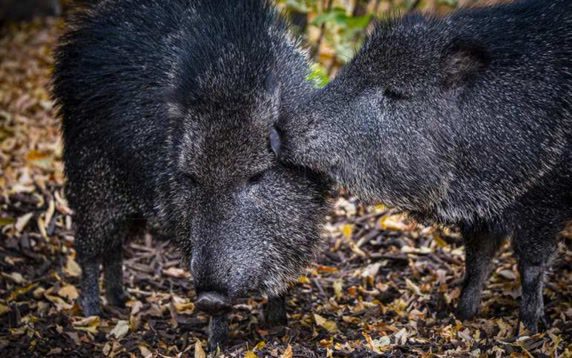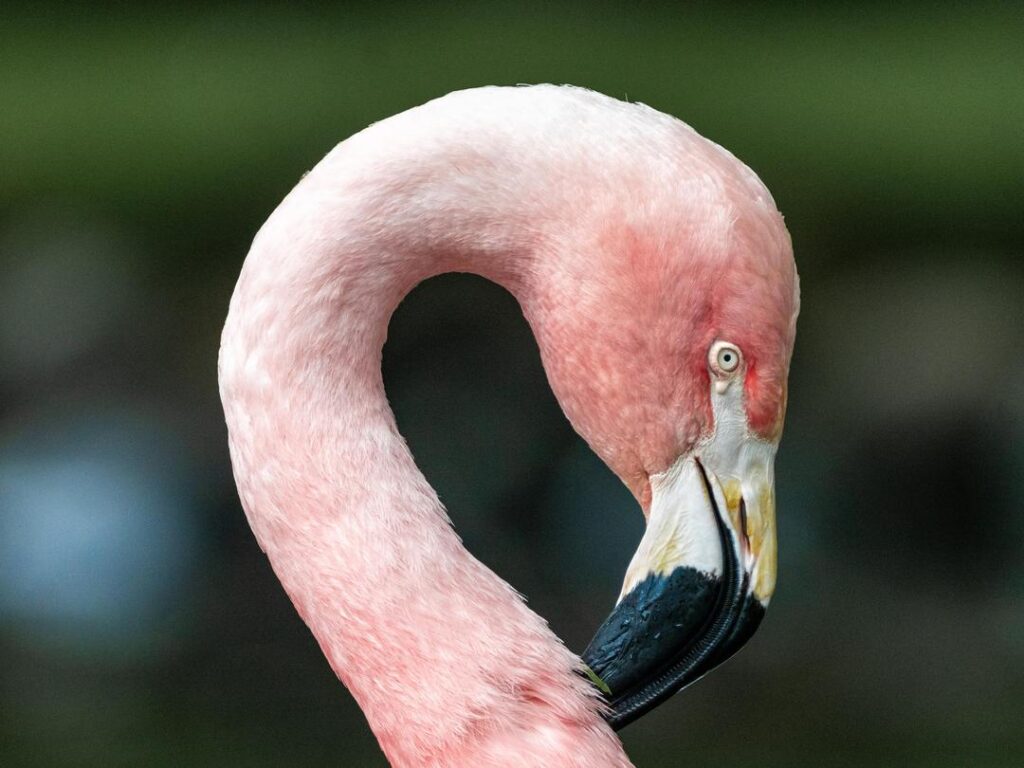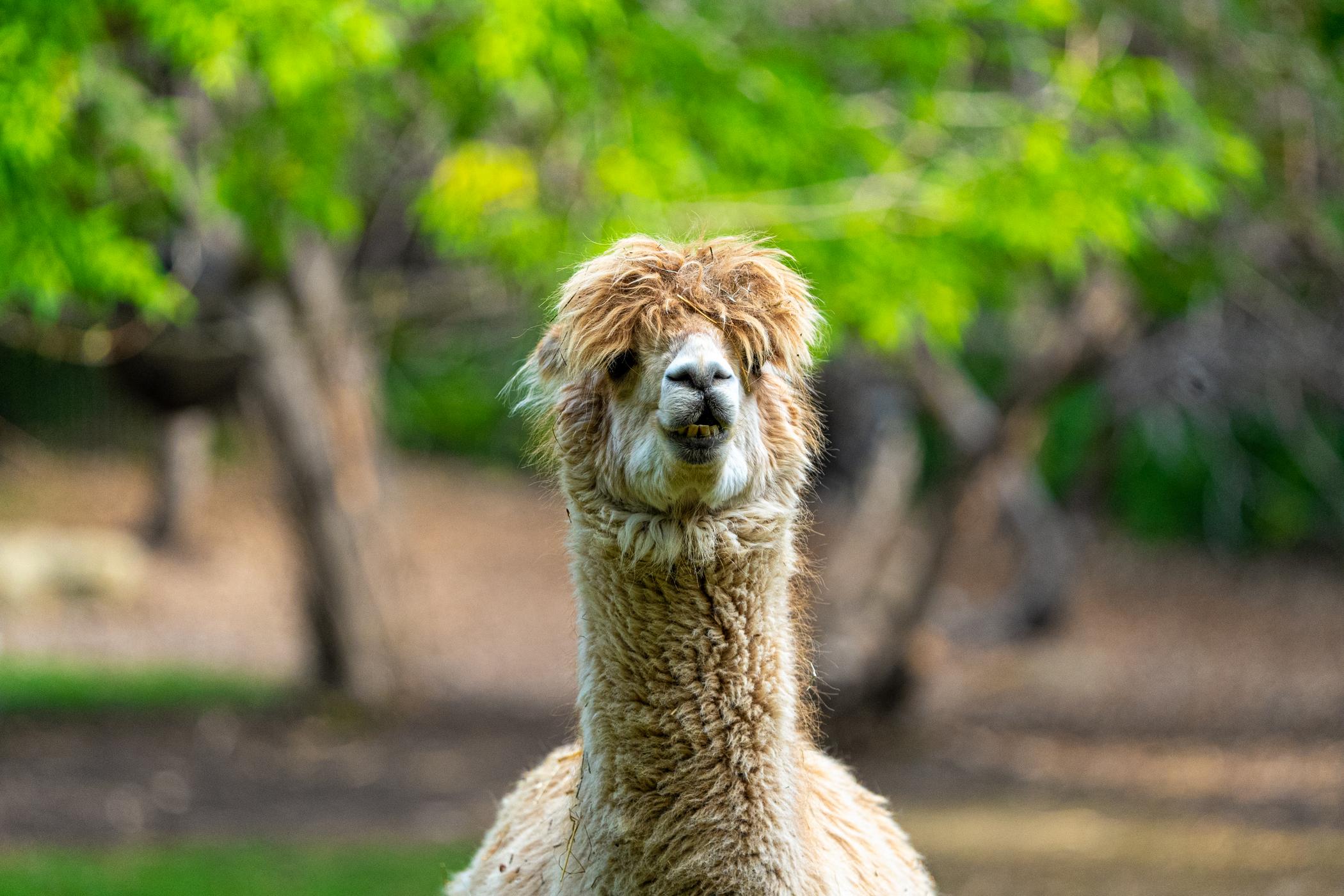
Alpacas
Soft fleece, soft attitudes
Alpacas are prized for their strong yet soft fleece, which led to their domestication in South America over 6,000 years ago. While they spend most of their days grazing, they eat much less than other animals of their size – around two pounds per day. This animal is known for its easygoing nature and as a social creature, it thrives in herds and can communicate with herd members by humming.
- IUCN Red List Status: Least Concern (at relatively low risk of extinction)
- Type: Mammal
- Habitat: Mountainous regions in South America
- Diet: Herbivore – grass and hay
- Size: 81 to 99 centimetres tall
- Weight: 45 to 79 kilograms
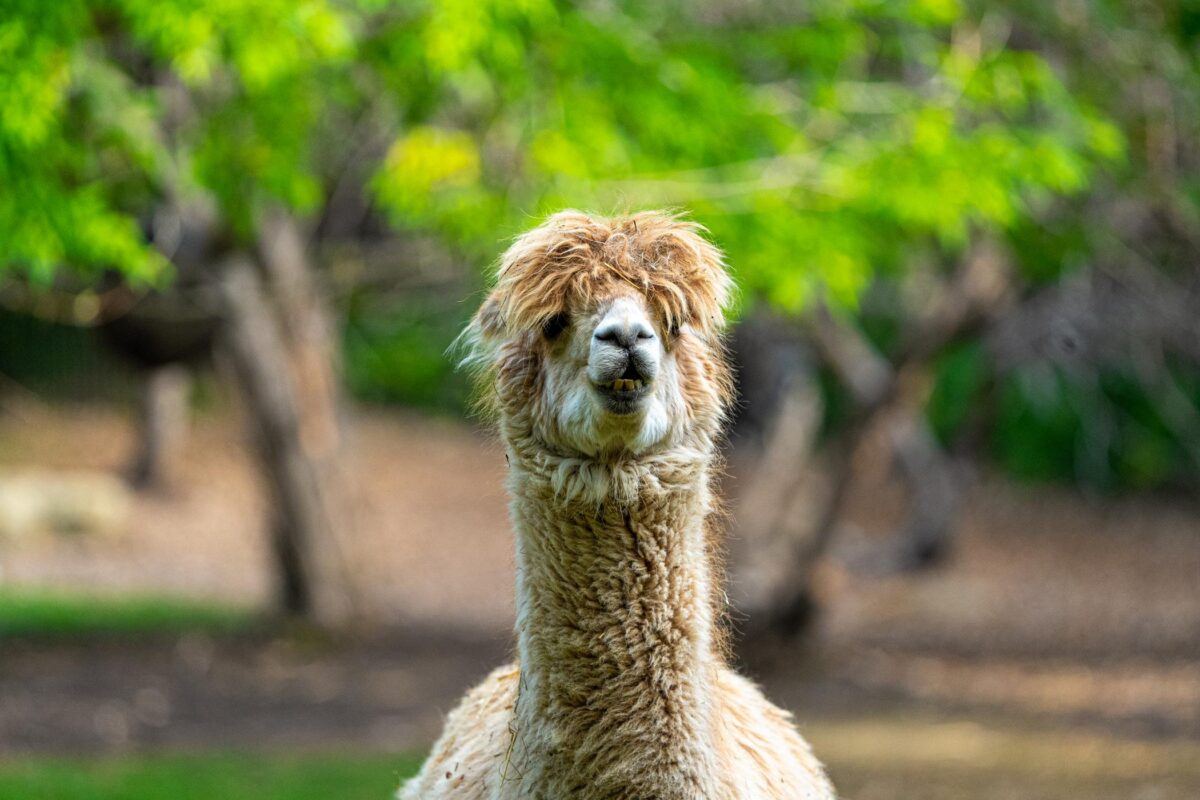

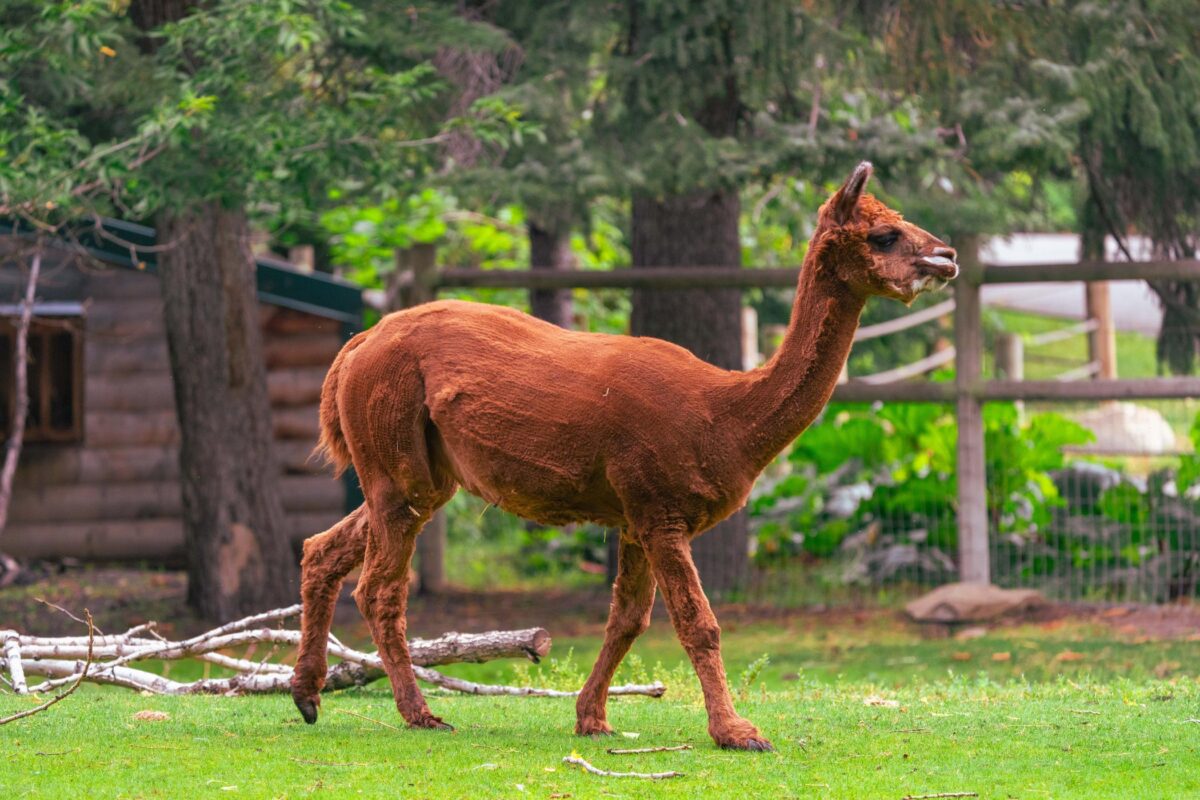
facts about our animals
Fun Facts about Alpacas
Alpacas have coats that come in 22 different colours.
Although they are herbivores, male alpacas have fangs which can be an inch long.
An alpaca has soft, padded feet which hide their sharp nails.
Alpacas may spit at each other when in conflict.
As ruminants, alpacas have a three-chambered stomach.
They do not have upper teeth.

Donate
How you can help
Your donation makes a world of difference. With support for animal care, conservation programs, and education, you’re making the world wilder.
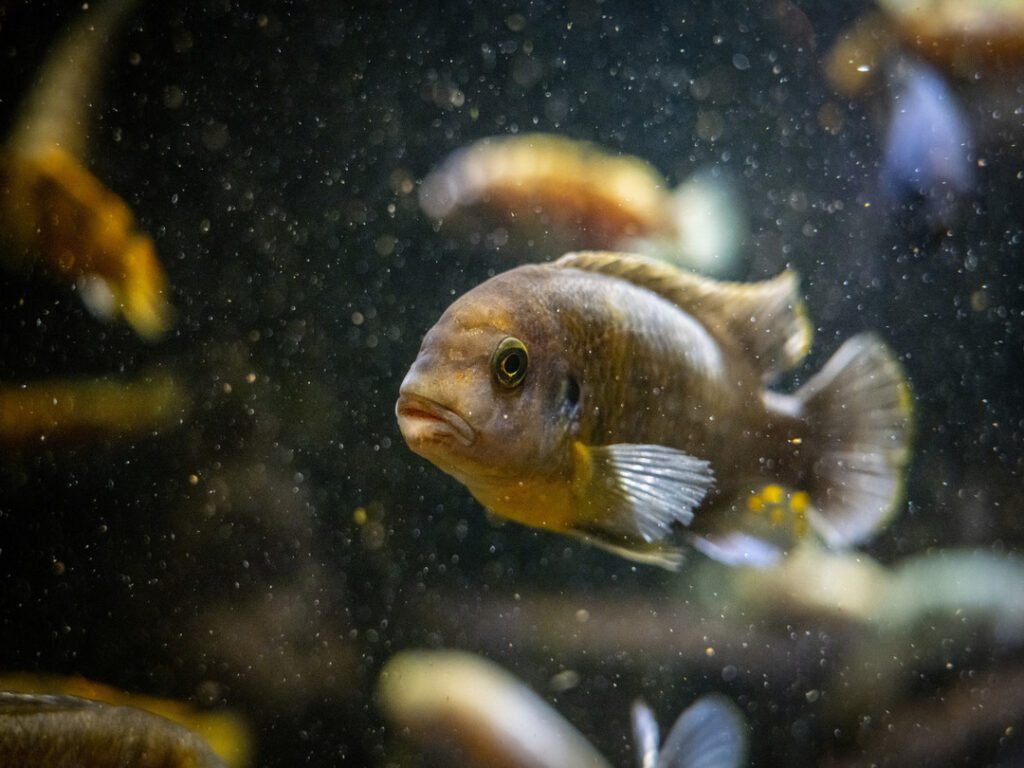
Plan your visit
Get close to wildlife
It’s time to make some memories. Here’s everything you need to know to plan an unforgettable day at the zoo.

